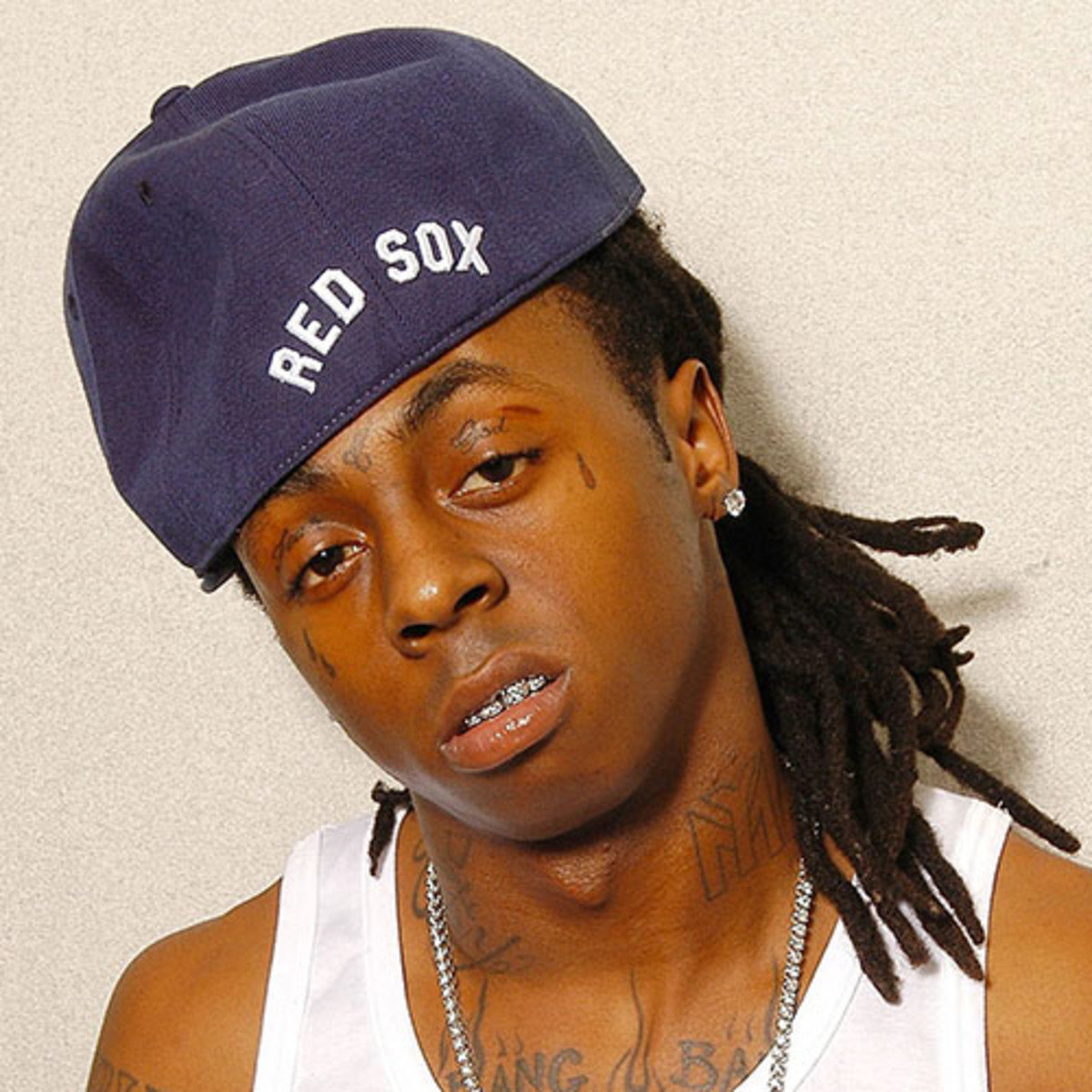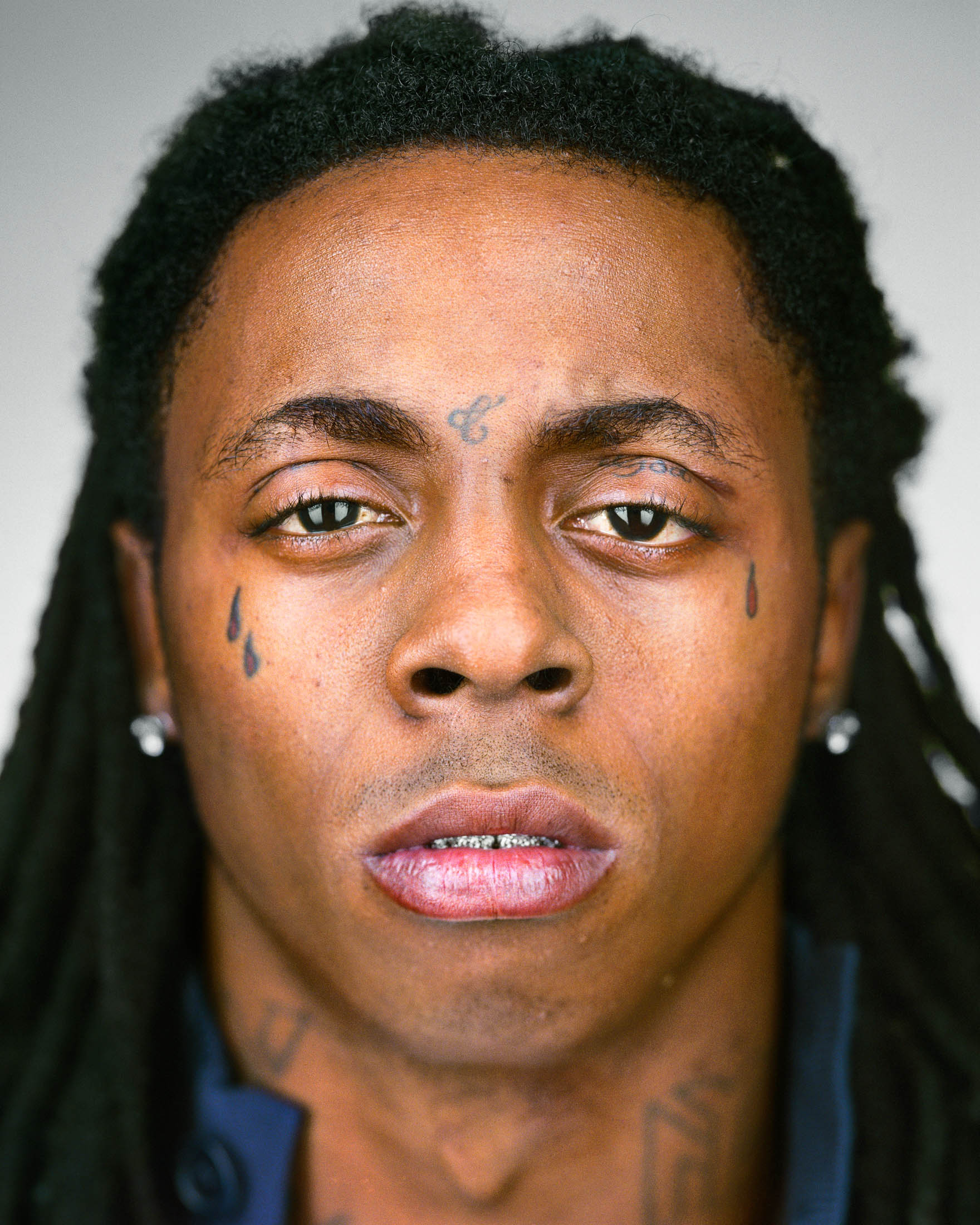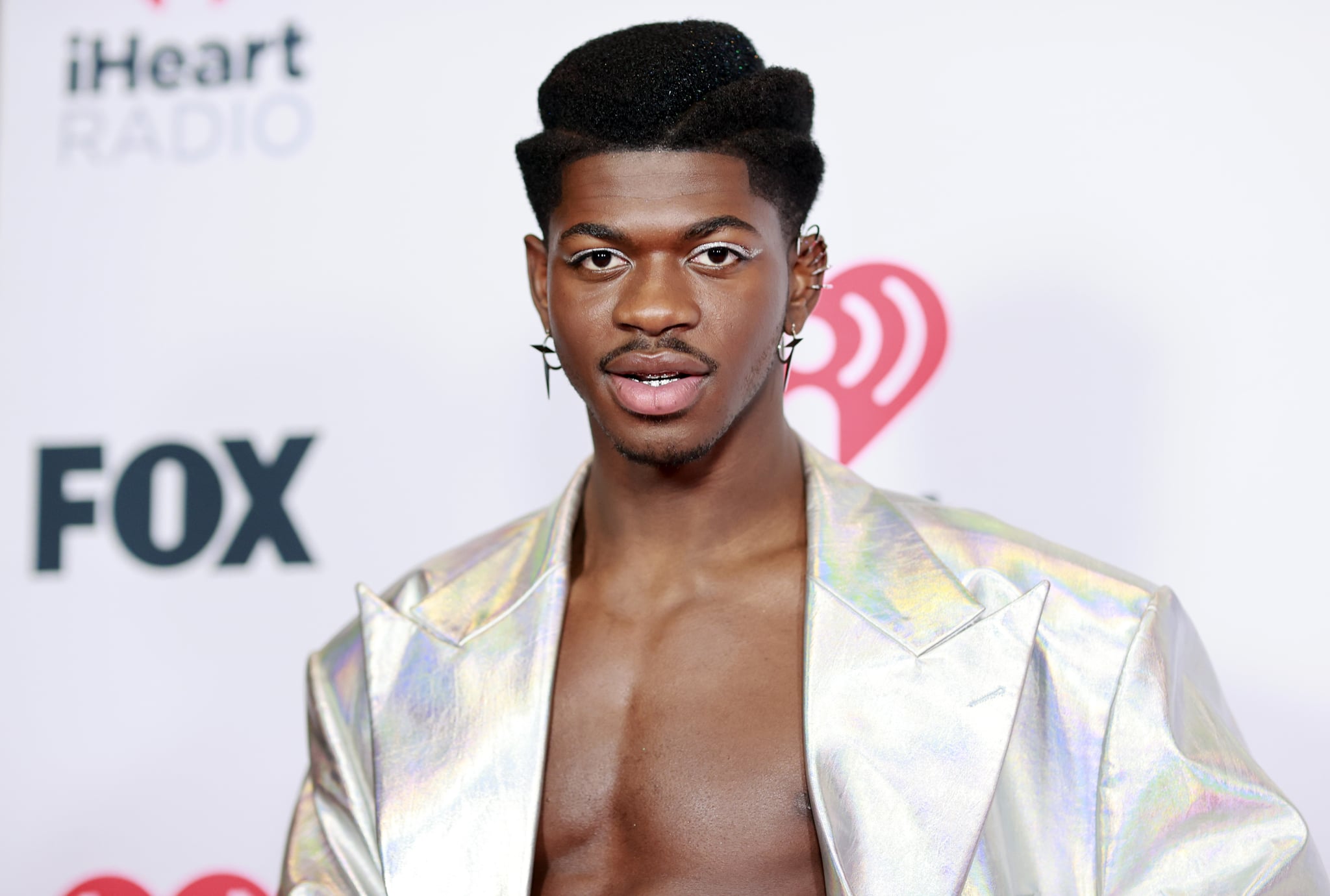Unraveling The Mystery: The Age Of "Lil" In Modern Culture
**The digital age has ushered in a fascinating evolution of language, where prefixes and monikers take on new lives, often diverging from their literal meanings. Among the most intriguing is the ubiquitous "Lil," a shorthand for "little" that has permeated various facets of pop culture, from animation to the dynamic world of hip-hop. When we encounter a phrase like "lil debbie age," it immediately sparks curiosity, inviting us to delve into not just the chronological years of a specific entity, but also the broader cultural lifespan and significance that such a name might carry. This article aims to explore the multifaceted implications of "age" within the context of the "Lil" phenomenon, drawing insights from its linguistic origins and its prominent role in shaping contemporary artistry and branding.
While the specific query "lil debbie age" might point towards a particular individual or brand, our journey will extend beyond a singular focus. The "Lil" prefix itself, often appearing as "lil'" or "li'l," holds a unique position in English, signifying smallness but often used to convey familiarity, affection, or even a strategic understatement in creative naming. In the vibrant landscape of music, particularly hip-hop, "Lil" has become a powerful identifier, associated with a distinct generation of artists who have redefined genres and captivated global audiences. By examining the linguistic roots of "Lil" and its application across various cultural touchstones, we can begin to understand the deeper layers of "age" – be it the youth of an artist, the maturity of a sound, or the enduring legacy of a cultural movement – that the phrase "lil debbie age" subtly hints at.
Table of Contents
- The Enduring Prefix: Unpacking "Lil" in Pop Culture
- The "Lil" Phenomenon: A Timeline of Influence
- Navigating Age and Identity in the "Lil" Landscape
- The Longevity of "Lil" Artists: From Emergence to Enduring Stardom
- The Evolution of "Lil" Artists: Adapting to Changing Tides
- The Significance of "Age" in the "Lil" Narrative
- Conclusion: The Timeless Impact of "Lil"
The Enduring Prefix: Unpacking "Lil" in Pop Culture
The term "Lil" is more than just a casual abbreviation; it's a cultural marker. At its core, "Lil" is the short form of "little," often spelled with an apostrophe as "lil'" or "li'l." This seemingly simple prefix carries a surprising depth of meaning and application, especially when examining phrases like "lil debbie age." In everyday language, "little" denotes smallness in size, quantity, or importance. However, its abbreviated form, "Lil," particularly in pop culture, transcends these literal interpretations.
- Willy Wonka Animated
- Dakota Johnson And Gwyneth Paltrow
- Martins Son
- Kate Hudson Husband
- Is John Hamm Married
For instance, in comics or animation, "Lil" can refer to a younger version of a character or denote a playful, endearing quality. Think of characters like "Li'l Abner" or "Lil' Orphan Annie" – the prefix immediately sets a tone, often implying innocence, youthfulness, or a certain underdog status. This usage lays the groundwork for understanding how "Lil" evolved in other contexts, particularly in the music industry.
Beyond "Little": The Nuance of the "Lil" Moniker
When we consider the phrase "lil debbie age" in the context of cultural naming conventions, it's crucial to understand that "Lil xx" does not always simply mean "Little xx." As one insightful observation notes, "Lil在英文里对应的是Little,但我觉得Lil xx不能说就是小xx的意思,因为这样其实想起来还蛮蠢的,以中国人的思维吧,你起个说唱的艺名叫小李小陈,你觉得和你歌里的金链子,兰博基尼和." This perfectly encapsulates the cultural dissonance. In the realm of hip-hop, for example, an artist adopting "Lil" as part of their stage name rarely intends to convey physical smallness or insignificance. Instead, it often signifies:
- Youthful Energy: Many artists adopt "Lil" early in their careers, reflecting their young age at the time of their debut and the fresh, often rebellious energy they bring to the scene.
- Origin or Identity: It can denote a connection to a specific place or community, or even a humble beginning.
- Aspirations: Paradoxically, "Lil" can precede a name that then aims to project immense power, wealth, or influence, creating a compelling contrast that challenges expectations. It's about starting small but thinking big.
- Homage: Sometimes, it's a nod to earlier generations of "Lil" artists, establishing a lineage within the genre.
This nuanced understanding is vital when discussing the "lil debbie age" or the age of any "Lil" figure. It's not just about how many years they've lived, but about the cultural "age" they represent – a new wave, a particular era, or a specific phase in their artistic journey. The prefix becomes a brand in itself, signifying a particular style, attitude, or even a subgenre within the broader cultural landscape.
- Prince Andrew And Sarah Ferguson
- New Little House On The Prairie
- Chris Daughtry Hair
- Kelly Rippa Bikini
- Keely Shaye Smith Model Photos
The "Lil" Phenomenon: A Timeline of Influence
The prevalence of "Lil" in modern music, particularly hip-hop, is undeniable. Artists like Lil Uzi Vert, Lil Yachty, and Lil Wayne have not only achieved mainstream success but have also become household names, each representing a distinct era and style within the genre. The sheer number of artists embracing this prefix underscores its cultural weight and impact.
Consider the lineup of influential figures: "Lil Uzi Vert, Lil Yachty, Kodak Black, Denzel Curry, Dave East, Desiigner, 21 Savage." While not all of these artists use the "Lil" prefix, its inclusion in such a list highlights its prominence and association with a particular wave of artists who emerged in the mid-2010s and beyond. These artists often share characteristics such as experimental sounds, distinctive fashion, and a strong online presence, appealing to a younger demographic. The "age" here refers to the generational shift they represent, pushing the boundaries of what hip-hop can be.
The consistent appearance of "Lil" in artist names over decades suggests a recurring cycle of new talent emerging, often identifying with this moniker as a way to signify their fresh perspective or youthful energy. This phenomenon itself has an "age," evolving from its earlier uses to its current ubiquity, reflecting changes in music production, distribution, and consumption. The "lil debbie age" could, in a broader sense, refer to the current phase or impact of such a naming trend.
Navigating Age and Identity in the "Lil" Landscape
While the "Lil" prefix often implies youth, the actual age and career trajectory of artists who adopt it vary widely. Some begin their careers very young and mature into seasoned veterans, while others, tragically, have their careers cut short. This brings us closer to understanding the nuances of "lil debbie age" – not just a number, but a narrative of growth, impact, and sometimes, a poignant end.
Lil Peep: A Brief but Profound Legacy
One of the most compelling examples of "age" in the "Lil" narrative is Lil Peep. His story is a powerful illustration of how a short life can leave an indelible mark on culture.
"利尔·皮普(Lil Peep,1996年11月1日-2017年11月15日),本名古斯塔夫·艾哈尔(Gustav Åhr),出生于美国宾夕法尼亚州,美国说唱歌手,毕业于长滩高中 。 2013年,加入说唱团."
Lil Peep (Gustav Åhr) - Biographical Data
| Category | Details |
|---|---|
| Full Name | Gustav Åhr |
| Stage Name | Lil Peep |
| Date of Birth | November 1, 1996 |
| Date of Death | November 15, 2017 |
| Age at Death | 21 years old |
| Birthplace | Pennsylvania, USA |
| Education | Long Beach High School |
| Career Debut | Joined a rap group in 2013 |
| Genre | Emo Rap, Hip-Hop |
Lil Peep's life, tragically cut short at just 21 years old, highlights the raw vulnerability and often intense pressures faced by young artists. His brief but impactful career, spanning roughly from 2013 until his passing in 2017, saw him rise rapidly, pioneering the emo-rap subgenre. His "age" in this context speaks to the fleeting nature of youth, the rapid ascent of digital-era artists, and the profound impact one can have even in a short span of time. The phrase "lil debbie age" could, in a similar vein, refer to a period of intense activity or influence, regardless of the chronological years.
His story underscores that "age" is not merely a number but a measure of experience, artistic output, and cultural resonance. Lil Peep's influence continues to be felt years after his death, demonstrating that the "age" of an artist's impact can far outlive their physical presence.
The Longevity of "Lil" Artists: From Emergence to Enduring Stardom
While some "Lil" artists, like Lil Peep, have brief but explosive careers, others demonstrate remarkable longevity, evolving their sound and maintaining relevance over decades. This contrast is crucial when discussing the "lil debbie age" or the "age" of any cultural figure. It highlights the different trajectories an artist can take and how their initial "Lil" moniker might evolve in meaning as they mature.
Lil Wayne: A Blueprint for Enduring Influence
Perhaps no artist exemplifies the long-term journey of a "Lil" moniker better than Lil Wayne. Emerging in the late 1990s as a teenage prodigy, he has since become one of the most influential and prolific rappers of all time.
"当然lil Wayne也经常吐出诗一般的句子,并且在《no love》这首歌里罕见的让我觉得有人能murder了Eminem。 (故意不着调编排的flow和隐喻的歌词,以及娓娓道来加快的迷人语气,." This quote highlights Lil Wayne's lyrical prowess and his ability to stand toe-to-toe with legends. His career spans over two decades, a testament to his adaptability, innovation, and consistent output.
Lil Wayne's "age" in the music industry is not just about his chronological years but about his sustained impact. He started as a "Lil" (little) artist in terms of age and experience, but grew into a giant, a "Weezy F. Baby," who continually reinvented himself. His journey from a young Cash Money signee to a global superstar and a mentor for new generations (like Drake and Nicki Minaj) provides a blueprint for how a "Lil" artist can achieve enduring stardom. His career trajectory suggests that the "lil debbie age" could also refer to a mature phase, where an initial youthful identity has blossomed into a lasting legacy.
The longevity of artists like Lil Wayne demonstrates that the "Lil" prefix, while often associated with youth, does not necessarily constrain an artist to a short career. Instead, it can become a foundational element of their brand that evolves with them, signifying their roots while they reach new heights.
The Evolution of "Lil" Artists: Adapting to Changing Tides
The music industry is a constantly shifting landscape, and for artists, particularly those who emerge young with a "Lil" moniker, adaptability is key to survival and sustained relevance. The concept of "lil debbie age" can also be interpreted as the age of a specific style or sound within the broader "Lil" phenomenon, and how artists either stick to it or evolve.
Artists like Lil Uzi Vert and Lil Yachty, who rose to prominence in the mid-2010s, exemplify this evolution. Their initial sounds were often characterized by melodic flows, experimental production, and a distinct embrace of internet culture. As they have matured, both personally and artistically, their music has also shown signs of growth. Lil Uzi Vert, for instance, has continued to push boundaries with his genre-bending approach, while Lil Yachty has explored different musical avenues, showcasing versatility beyond his initial "bubblegum trap" sound.
This constant reinvention is crucial. The "age" of an artist's style or appeal is fluid. What might be fresh and innovative at a young age can become stale if not evolved. The "Lil" artists who endure are those who understand this dynamic, continuously adapting their sound, lyrical themes, and public personas to remain relevant to changing audiences and musical trends. This adaptability ensures that their "age" in the industry continues to advance, rather than becoming stagnant.
The Significance of "Age" in the "Lil" Narrative
Ultimately, when we ponder "lil debbie age," we are not just asking about a birthdate. We are implicitly inquiring about the various dimensions of "age" that are relevant to a cultural figure or phenomenon. This includes:
- Chronological Age: The literal years of existence, which can influence an artist's perspective, lyrical content, and target audience. Younger artists often bring a raw, unfiltered energy, while older artists might offer more reflective or experienced viewpoints.
- Career Age: The length of time an artist has been active in the industry. This speaks to their experience, resilience, and ability to navigate the challenges of fame and evolving musical landscapes. Lil Wayne's extensive career is a prime example.
- Age of Influence: The period during which an artist or brand exerts significant impact on culture. This can be short and intense, like Lil Peep's, or long and sustained, like Lil Wayne's. The "lil debbie age" could refer to the peak period of influence for such a name.
- Cultural Age: The generational context an artist belongs to. "Lil" artists often represent a new wave, a break from tradition, or the voice of a specific generation.
Understanding the "Age" of Influence
The "age of influence" is particularly pertinent to the "Lil" phenomenon. Many "Lil" artists emerge at a young age, leveraging digital platforms to rapidly build a following and disseminate their music. This allows them to achieve a significant level of influence very quickly, sometimes before they even reach their mid-20s. This rapid ascent defines a new kind of "age" in the music industry – one where traditional gatekeepers are bypassed, and direct connection with fans fuels meteoric rises.
However, maintaining this influence over time is the true test. The "lil debbie age" could, therefore, be a question about the sustainability of such rapid fame. Does the initial "little" prefix limit their perceived maturity or artistic growth in the long run? Or does it become a nostalgic identifier that anchors their legacy? The answers vary from artist to artist, making the "Lil" narrative a rich tapestry of diverse career paths and cultural impacts.
The continued fascination with "Lil" artists, whether it's their personal journey or their artistic evolution, underscores the enduring power of this simple prefix. It’s a testament to how language, even in its abbreviated forms, can carry profound cultural weight and signify complex narratives of youth, ambition, and legacy.
Conclusion: The Timeless Impact of "Lil"
In exploring the phrase "lil debbie age," we've embarked on a journey far beyond a simple chronological query. We've delved into the nuanced world of the "Lil" prefix, understanding its origins as a diminutive and its powerful transformation into a cultural signifier, particularly within the dynamic landscape of modern music. From its linguistic roots as a shorthand for "little" to its prominent role in shaping the identities of influential artists like Lil Peep and Lil Wayne, "Lil" has proven to be a versatile and enduring element of our lexicon.
The "age" of a "Lil" entity, whether it's a person or a concept, is multifaceted. It encompasses the literal years of an individual's life, the duration of their career, the period of their most profound influence, and the generational context they represent. As we've seen with Lil Peep, a brief life can leave an immense, lasting legacy, demonstrating that impact isn't solely measured by longevity. Conversely, artists like Lil Wayne illustrate how the "Lil" moniker can evolve with a decades-long career, signifying roots while embracing growth and continued innovation.
The "Lil" phenomenon continues to shape popular culture, reflecting new waves of talent and evolving artistic expressions. It serves as a reminder that in the fast-paced digital era, names and identities are fluid, constantly adapting to new meanings and contexts. While the specific "lil debbie age" remains a point of individual inquiry, the broader exploration of "age" within the "Lil" narrative offers valuable insights into the lifecycles of cultural trends and the enduring power of artistic expression.
What are your thoughts on the "Lil" phenomenon in pop culture? Do you have a favorite "Lil" artist, or perhaps a unique interpretation of what "age" means in this context? Share your insights in the comments below, and don't forget to explore our other articles on cultural trends and linguistic evolution.
- Where Is Virgin River Filmed
- O Leary And Sons
- Kevin Mr Wonderful Net Worth
- Did Sandra Bullock Get A Nose Job
- Pictures Of Penelope

How Old Is Lil Wayne The Rapper? A Comprehensive Look At His Life And

Lil Wayne Shows 2025 - Kenneth S. Kreger

Read Lil Nas X's Letter to Himself Ahead of "Industry Baby" | POPSUGAR